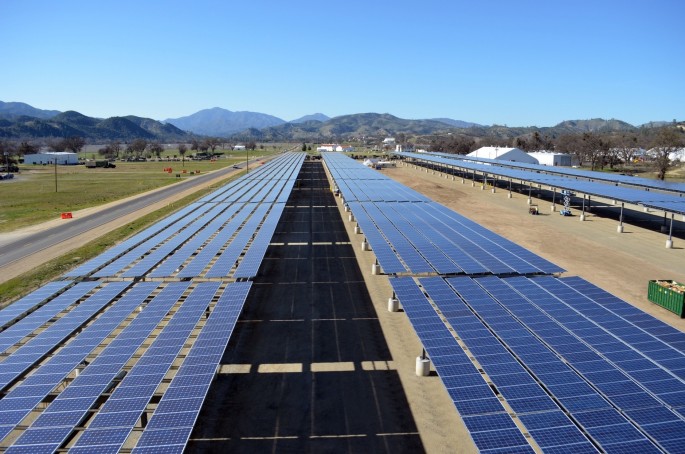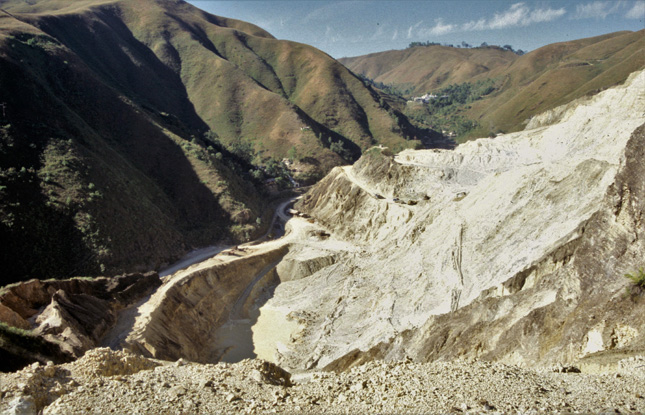-
A Watershed Moment for Iraqi Kurdistan: Subnational Hydropolitics and Regional Stability
›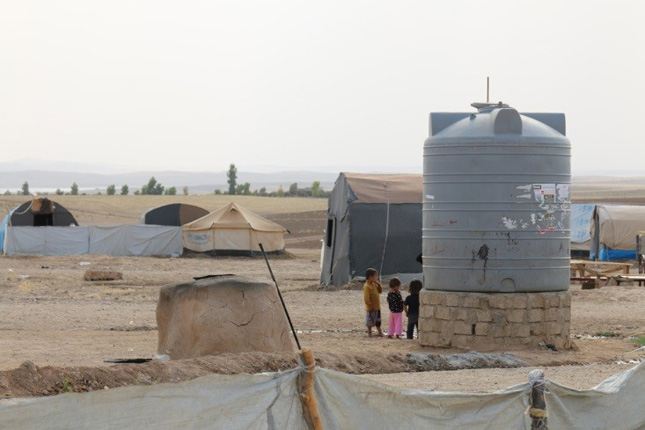
Iraqi Kurdistan is blessed with abundant water resources, but these resources are under increasing stress. Changing demographics, dam building in neighboring countries, and drought have driven Kurdish hydropolitics to a critical juncture where two distinct water futures are possible—and both have implications for regional stability and for U.S. interests.
-
Grassroots Solutions for Solid Waste in China’s Growing Cities
›
In June 2016, the government of the Chinese city of Xiantao cancelled an incineration project following protests by residents who felt they were not adequately consulted before the project was approved. As growing Chinese cities produce more construction and consumer waste, incineration projects have increased—along with widespread protests of their environmental and health consequences.
-
China’s Ready to Cash In on a Melting Arctic
›
Put simply, “the damn thing melted,” Navy Secretary Richard Spencer explained in recent testimony, referring to Arctic ice melt as the trigger for the new U.S. Navy Arctic Strategy that is to be released this summer. What the Navy planned as a 16-year road map is in need of updates after only four years, in part due to receding polar ice caps, which are “opening new trade routes, exposing new resources, and redrawing continental maps,” but also in part due to the rise of China as an “Arctic stakeholder” and increasing important player in the region.
-
Serious Games: Conservation and Community
›
In preparation for the Wilson Center’s Earth Challenge 2020 initiative, the Serious Games Initiative rounded up educational games with themes of conservation and community. These games tackle issues ranging from community resilience to dystopian futures—and everything in between. While not a comprehensive list of environmental games, we hope it inspires you to check out these games and think of ideas for new ones that might use data from the upcoming Earth Challenge 2020 hackathons.
-
New Global Analysis Finds Water-Related Terrorism Is On the Rise
›
In 2014, after losing a number of Somalian cities it had captured to African Union and Somali troops, the terrorist group Al-Shabaab changed its tactics. To demonstrate its continued power and presence, Al-Shabaab cut off water supplies to its formerly held cities. Residents from these cut-off cities were forced to fetch water from nearby towns, many of which Al-Shabaab controlled. But the terror group prevented anyone living in government-controlled territory from entering, which increased people’s frustration with the government.
-
Halvard Buhaug: Climate Changes Affect Conflict Dynamics
› “Climate is unquestionably linked to armed conflict,” says Halvard Buhaug, Research Professor at the Peace Research Institute Oslo, in the latest Wilson Center podcast.
“Climate is unquestionably linked to armed conflict,” says Halvard Buhaug, Research Professor at the Peace Research Institute Oslo, in the latest Wilson Center podcast.“If we produce a map of the world with locations of ongoing and recently entered armed conflicts, and we superimpose on that map different climate zones or climatic regions, we would very easily see a distinct clustering pattern of armed conflicts in warmer climates.”
-
The Blockchain Revolution: Q&A with Kaikai Yang
›
Blockchain, the newest technology poised to revolutionize numerous industries, could help decentralize electricity systems across Asia, Europe, Australia and the United States. In Brooklyn, peer-to-peer microgrids allow prosumers—energy consumers who generate small amounts of electricity from renewable sources—to trade energy with other users. Blockchain technology provides distributed ledgers that validate, record, and share each transaction, using smart contracts that automatically execute energy trades when the price and volume of the electricity transaction meet the contracted requirements.
-
Mining Transparency in Myanmar: Can the Extractive Industries Transparency Initiative Lead to a More Sustainable Democracy?
›
Myanmar is rich in natural resources—gas, oil, minerals, and gemstones—yet is still one of the world’s least developed countries. Extractive industries are the country’s most lucrative sector and the government’s main source of revenue, but most of the benefits do not reach its citizens. Instead, resource extraction in Myanmar causes severe environmental and social problems and fuels and sustains some of the country’s longstanding ethnic conflicts.
Showing posts from category environment.



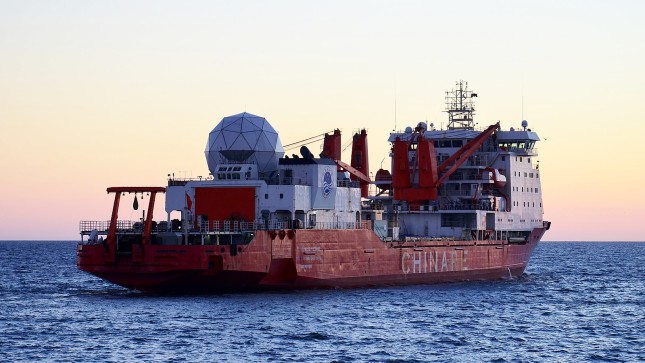
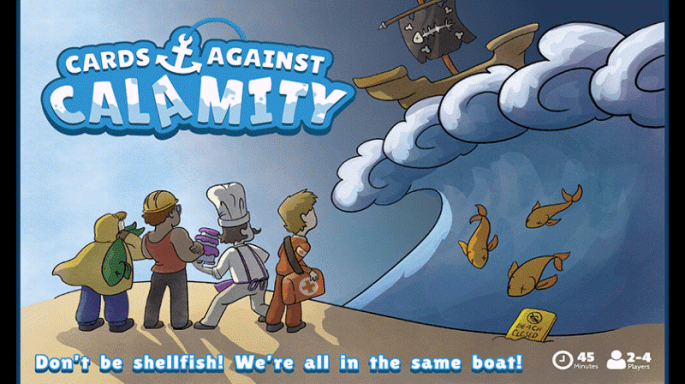
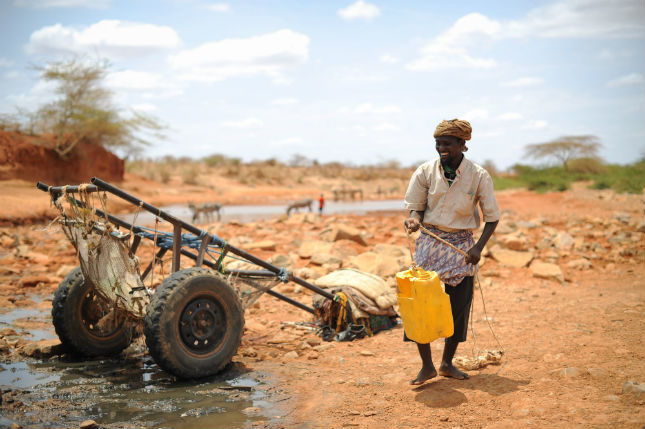
 “Climate is unquestionably linked to armed conflict,” says Halvard Buhaug, Research Professor at the Peace Research Institute Oslo, in the latest Wilson Center podcast.
“Climate is unquestionably linked to armed conflict,” says Halvard Buhaug, Research Professor at the Peace Research Institute Oslo, in the latest Wilson Center podcast.